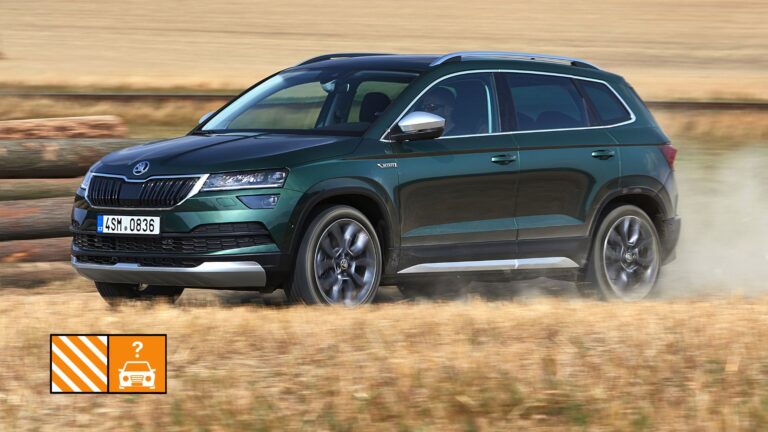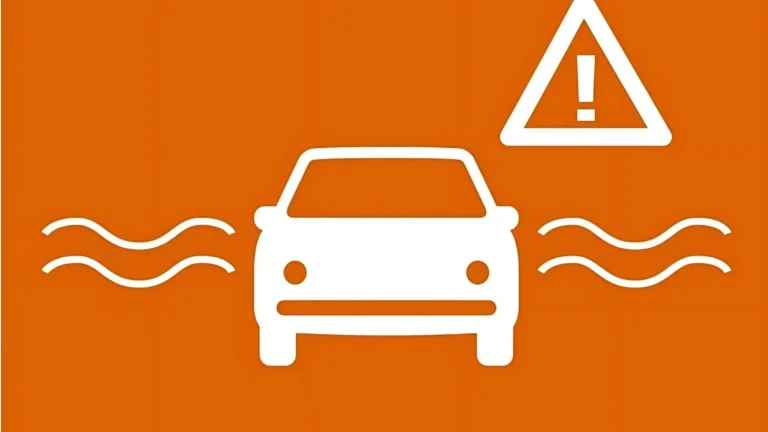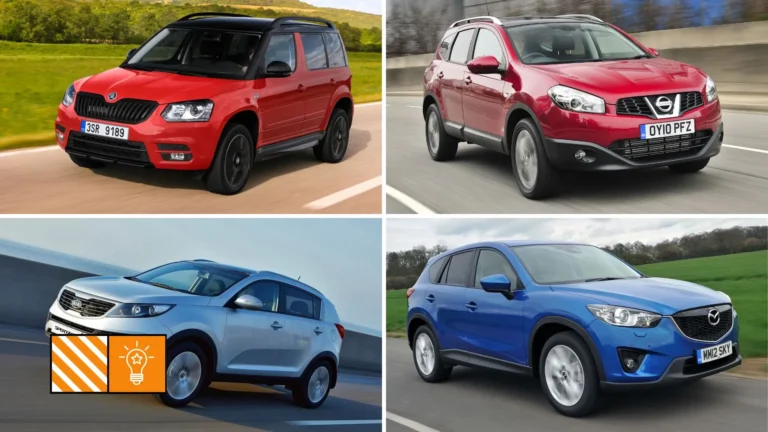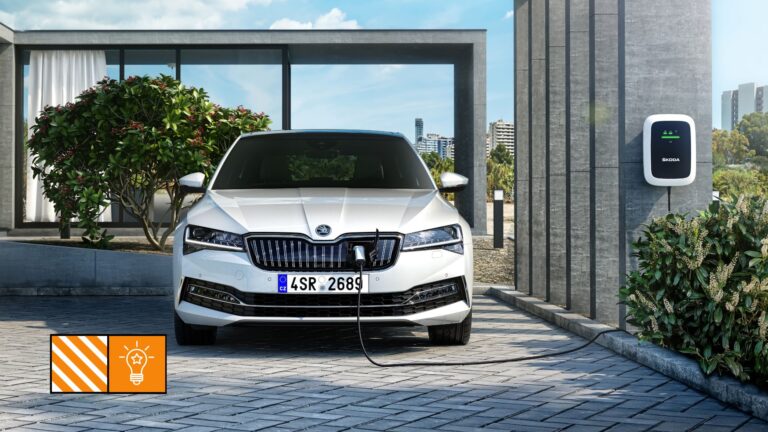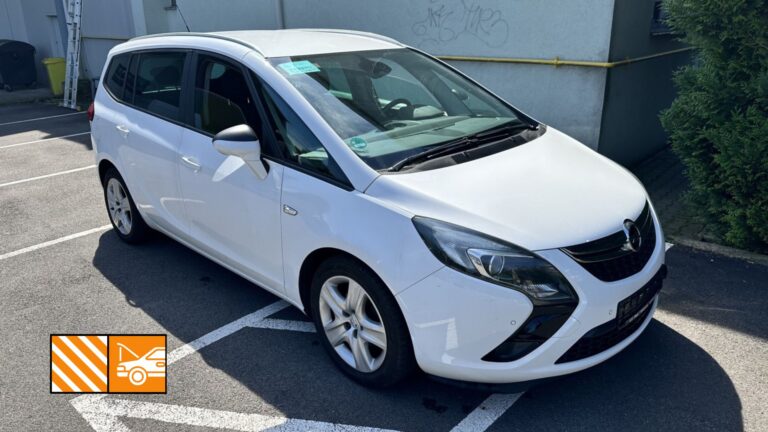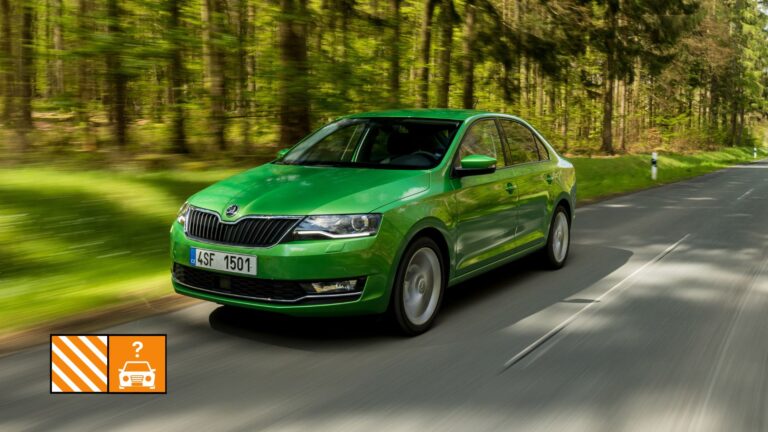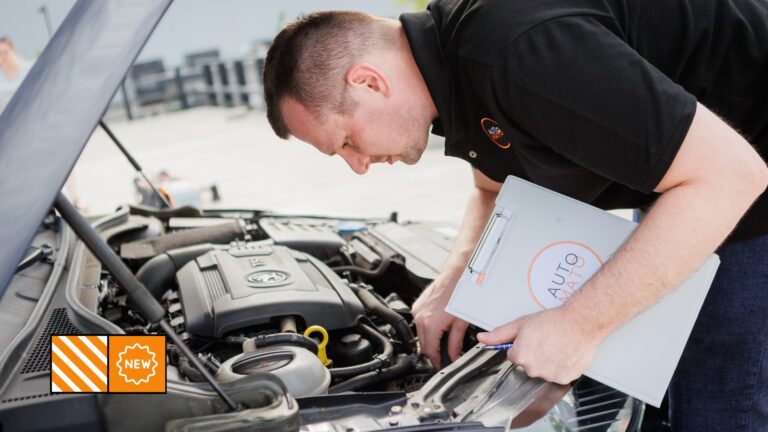Beware of fraudulent used car ads
- Advice and tips

In recent years, the number of fraudulent used car ads has increased. These scams can take many forms, but they always have one thing in common: the goal is to trick unwary buyers and get their money. In this article, we will look at how these scams work, provide examples, and provide tips on how to defend against them. So how do you watch out for fraudulent used car ads?
The basis of this type of scam is an extremely attractive advertisement for a used vehicle on the Internet, presented as an extraordinary opportunity that rarely comes along. The key moment in the course of this scam is then the gradual gaining of the buyer's trust, which is achieved through seemingly trustworthy communication and the provision of convincing details about the vehicle and its history.

How used car scams work: step by step
- Creating an attractive ad: Scammers start by creating an ad that looks very appealing. They often use photos of vehicles from real ads or images obtained from the Internet. The goal is to attract the attention of as many potential buyers as possible.
- Price too low: The price of the vehicle is often set well below market value. This is intended to quickly attract buyers and create the feeling that this is a unique opportunity that cannot be missed.
- Communication with the buyer: Once the buyer contacts the seller, the scammer usually communicates very convincingly. They may pose as a trustworthy seller, sometimes even feigning personal reasons for selling, such as financial difficulties or moving abroad.
- Additional photos: There are also cases where the fraudster tried to increase his credibility by adding additional photos of the car. The photos can be basic, such as details of the equipment. But they can also be personal, such as photos of the car owner with the car being sold on vacation.
- Personal handover of the car: If you have gone so far as to arrange a car delivery with a fraudulent seller, believe that he has already prepared another proof of his credibility. The place of delivery of the car is far away and so the seller has booked a hotel near the agreed place of delivery, and immediately sends you a confirmation from the hotel. And yes, it is possible that he really booked the hotel and the confirmation is genuine.
- Deposit or prepayment request: The scammer often demands a deposit or full payment upfront, promising to send the car or drop it off at a designated location upon receipt of payment.
- Document falsification: If documents are handed over, they may be falsified or altered. This includes the vehicle registration certificate, service history, and other documents associated with the vehicle.
- Disappearance of the Seller: Once the scammer receives payment, they often disappear. Phone numbers are disconnected, email addresses are deactivated, and the buyer realizes they have been scammed. Unfortunately, it is too late.
Most similar scams follow the above procedure. However, keep in mind that scammers are constantly improving their tricks and are always one step ahead. Therefore, it is not advisable to rely on only one type of scam and be cautious in every communication with the seller. A clear warning sign for any similar sale is the payment of a deposit or the price of the car in advance. If possible, never pay for the car before you see it with your own eyes or have it delivered to you. not checked by an experienced technician, which deals with checking cars before purchase.

Defending against used car fraud: detailed advice
- Thorough review of the ad: Pay attention to the details of the ad. Check the photos, the vehicle description, and the price. If the photos are good quality but the description is vague or seems too general, this could be a red flag.
- Seller verification: Find out as much information as possible about the seller. If possible, look for reviews or references.
- Realistic car valuation: Compare the offered price with the market prices of similar vehicles. A price that is too low should raise suspicion.
- Do not buy without a personal inspection: Always insist on a personal inspection and test drive of the vehicle. Don't accept excuses why this is not possible.
- Document verification: Check all vehicle documents. If possible, verify them with the relevant authorities or services.
- Beware of advance payments: Be very careful with any payments in advance. Payment upon delivery of the vehicle is ideal.
- Don't buy under pressure: Don't be pressured into making a quick decision. If the seller is pressuring you, it could be a sign of fraud.
- Using professional help: If you are unsure, consider using the services of an expert or used vehicle technician. Pre-purchase vehicle inspection by an experienced technician is the best way to ensure that you buy a car in good technical condition and do not fall victim to scammers.
This way, you can effectively defend yourself against used car scams and ensure that your investment in a new vehicle is safe. Be careful, do your due diligence, and don't be afraid to seek professional help if you're unsure. Now you know how to watch out for fraudulent used car ads.
Follow us through our social networks, Don't miss any news.
